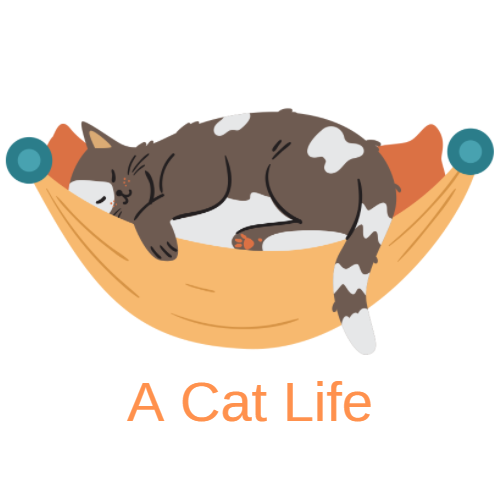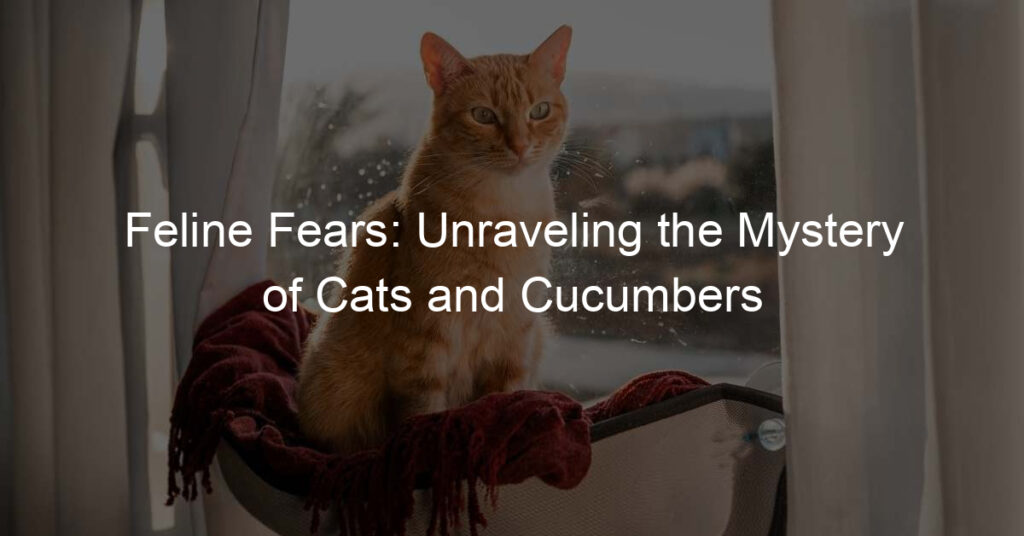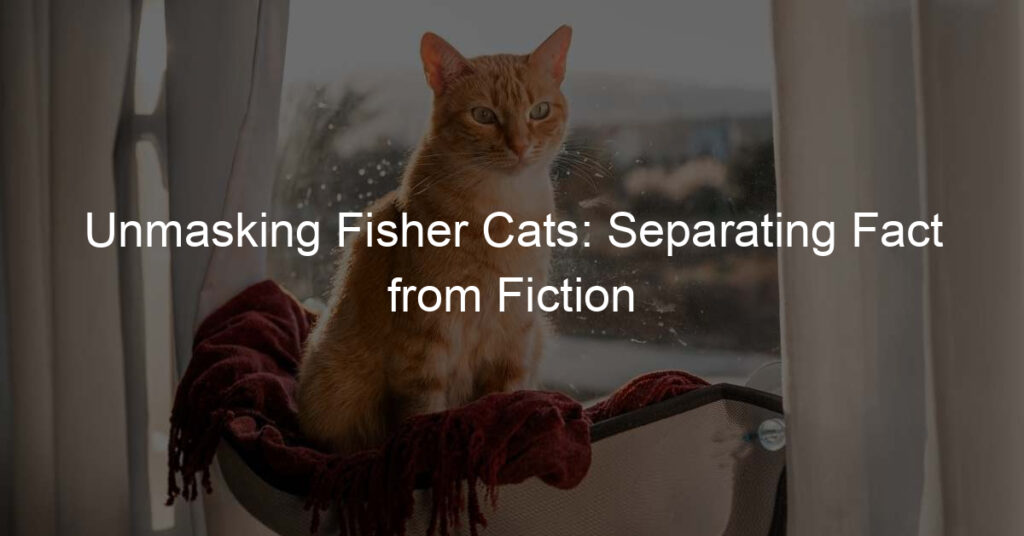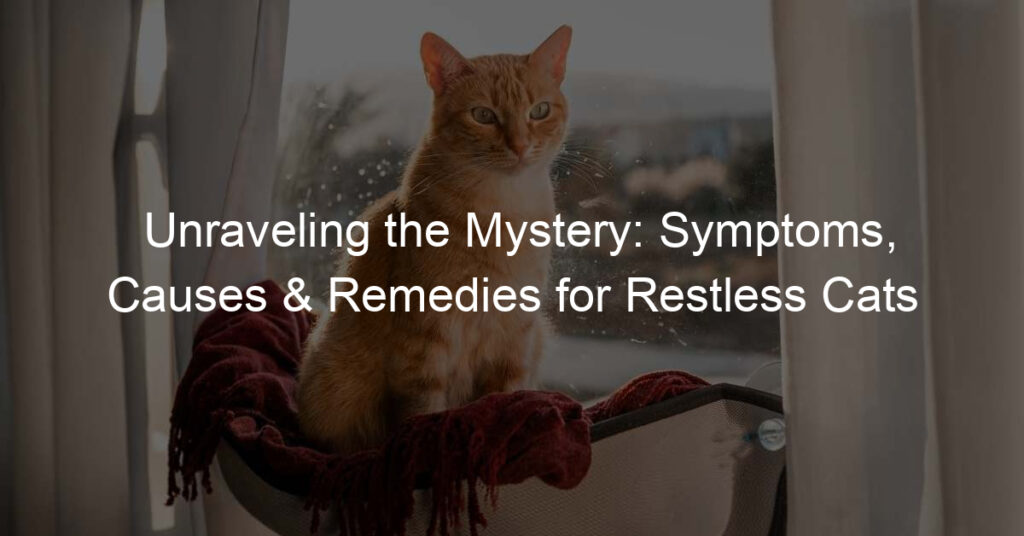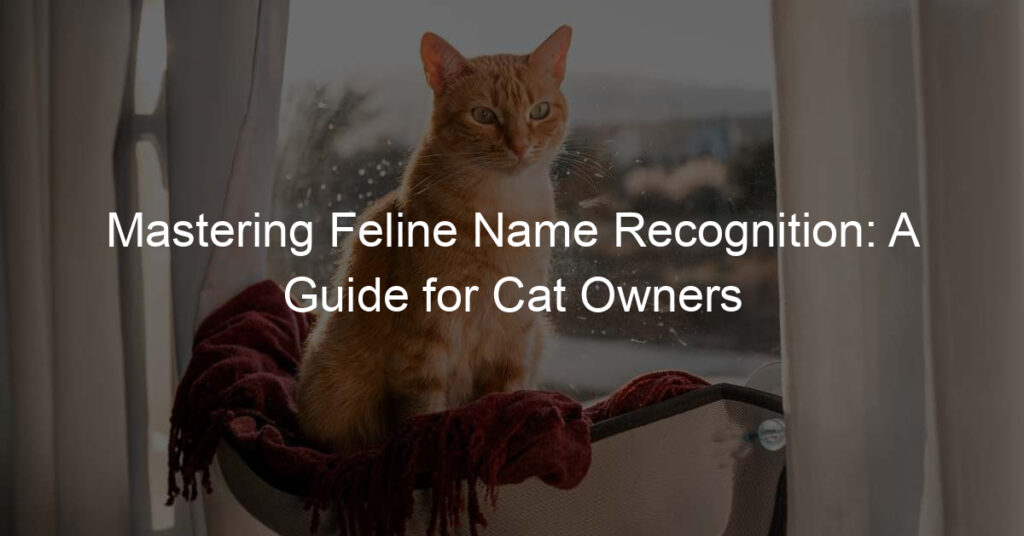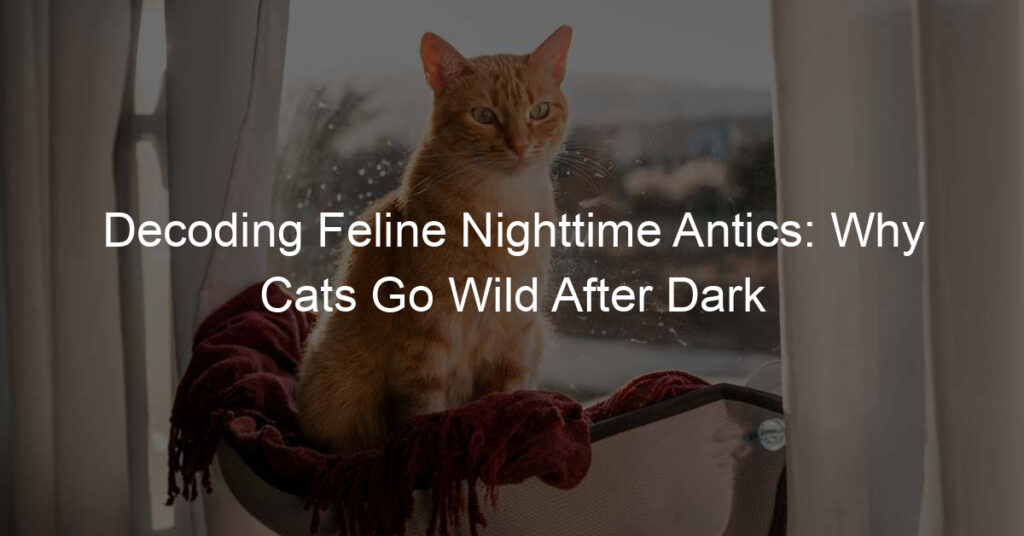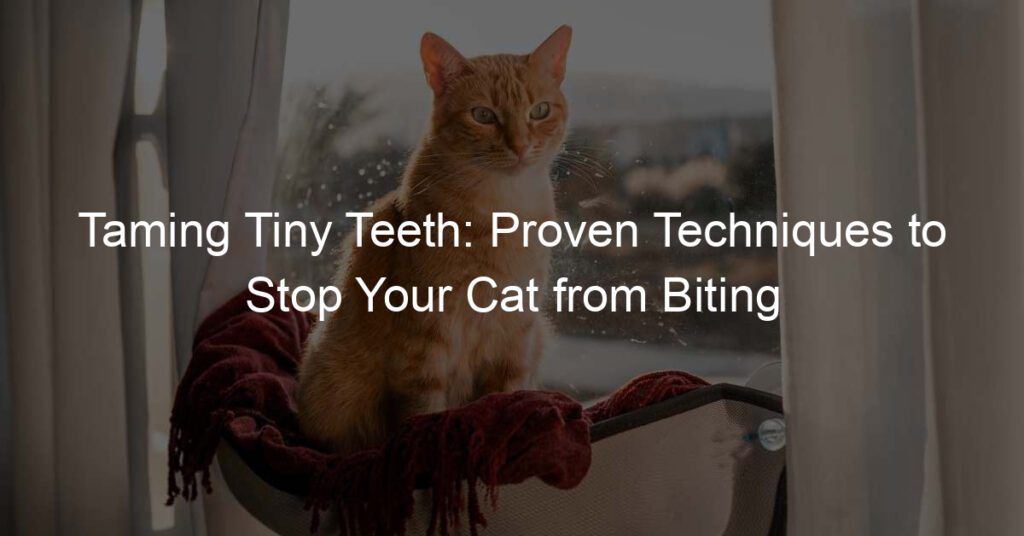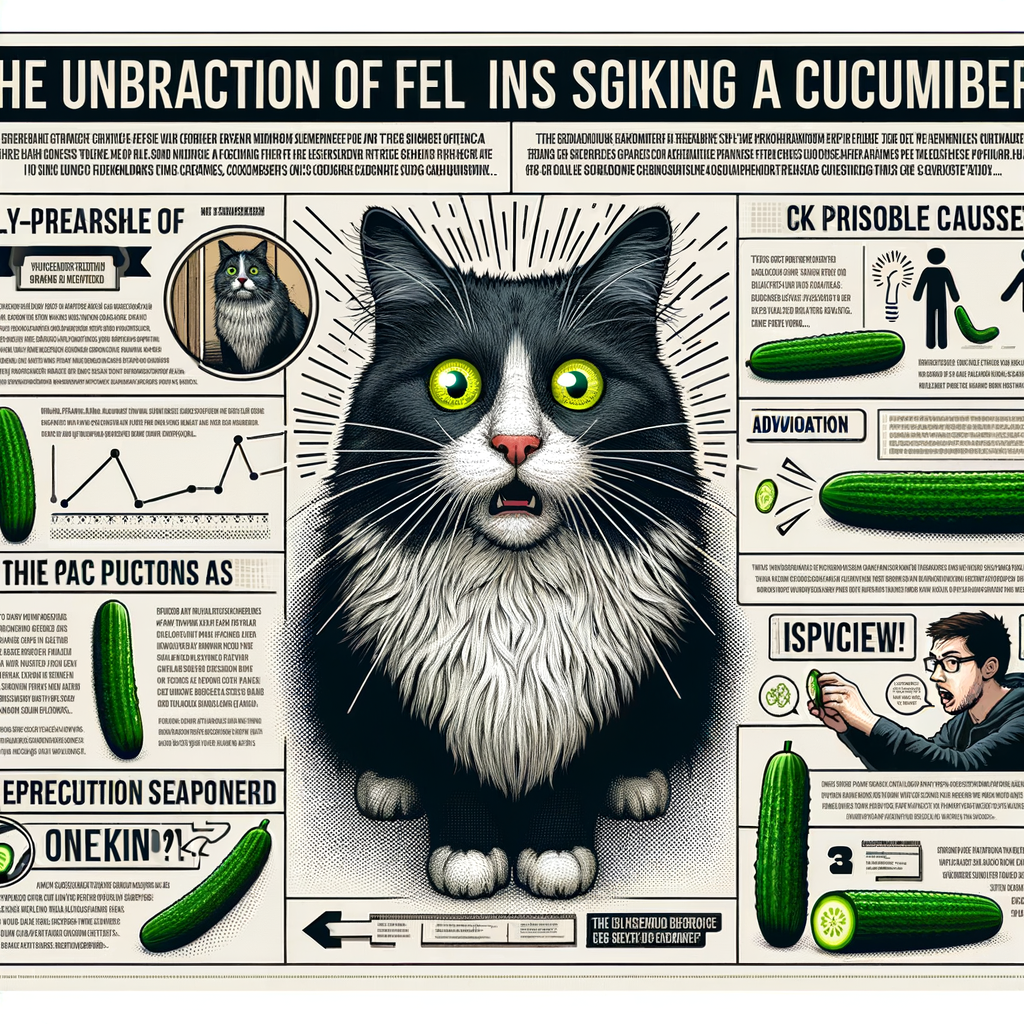
Introduction to Feline Fears
When it comes to understanding our feline friends, it’s essential to delve into their fears and phobias. Cats, like humans, can develop fears that may seem unusual or irrational to us. In this section, we will explore the nature of cat fears and some of the more unusual phobias that cats can develop.
- Understanding Cat’s Fear
- Cat’s Unusual Fears
Cats are naturally cautious creatures. Their fear responses are often linked to survival instincts. For example, a sudden loud noise or an unfamiliar object might trigger a fear response in a cat because these could potentially represent danger in the wild. Understanding your cat’s fear is the first step towards helping them feel more comfortable and secure.
While some cat fears are common and understandable, others might seem unusual to us. For instance, many cats are afraid of cucumbers. While this might seem strange, it’s believed that the sudden appearance of an unexpected object triggers a cat’s natural fear response. Other unusual fears can include things like balloons, vacuum cleaners, or even certain types of fruit. Remember, what may seem unusual to us may be perfectly rational to a cat.
By understanding your cat’s fears, you can create a safer and more comfortable environment for them. In the following sections, we will delve deeper into one of the most unusual cat fears – the fear of cucumbers, and discuss whether this is something you should be concerned about.
Cats and Cucumbers: An Unusual Phobia
It’s a sight that has amused many and left others puzzled: a cat leaping into the air in fear at the sight of a harmless cucumber. But why does this happen? Let’s delve into the mystery of why cats fear cucumbers and how they react to them.
- Why cats fear cucumbers
- Cats reaction to cucumbers
Contrary to popular belief, cats don’t have an innate fear of cucumbers. Instead, their reaction is likely due to the unexpected presence of an unfamiliar object. Cats are creatures of habit and any sudden change in their environment can startle them. Imagine if you turned around and suddenly found an object you didn’t recognize – you’d probably be startled too!
When a cat encounters a cucumber, its reaction is often dramatic. They may leap into the air, scramble away, or even exhibit signs of aggression. This is because cats perceive the cucumber as a potential threat. It’s important to note that this reaction is not exclusive to cucumbers. Cats can react similarly to any unexpected object in their environment.
While it might be tempting to test this phenomenon with your own pet, it’s best not to. Startling a cat in this way can cause them stress and potentially lead to injury. It’s always best to introduce new objects in a calm and controlled manner to ensure your cat’s wellbeing.
Quick Facts
| Fact | Explanation |
|---|---|
| Cats don’t have an innate fear of cucumbers | Their reaction is due to the unexpected presence of an unfamiliar object |
| Cats can react dramatically to cucumbers | They perceive the cucumber as a potential threat |
| It’s not advisable to test this phenomenon with your own pet | Startling a cat can cause them stress and potentially lead to injury |
Should I be Concerned About Cats and Cucumbers?
As a cat owner, it’s natural to worry about anything that might distress or harm your feline friend. The viral videos of cats being scared by cucumbers might seem funny, but they raise a serious question: should you be concerned about cats and cucumbers?
- Understanding the potential risks
- When to seek professional help
Firstly, it’s important to understand why cats might be scared of cucumbers. Cats are naturally cautious creatures, and anything unexpected can startle them. If a cucumber suddenly appears behind them while they’re eating, they’re likely to jump in surprise. This is more about the element of surprise than a specific fear of cucumbers.
However, repeatedly scaring your cat in this way can lead to stress and anxiety. Cats need to feel safe in their environment, and if they’re constantly on edge, it can lead to health problems. For example, a stressed cat might stop eating, or start behaving aggressively. In severe cases, stress can even lead to physical health problems like urinary tract infections.
If you notice that your cat is showing signs of stress or anxiety, it’s important to seek help from a professional. This could be a vet, or a cat behaviorist. They can help you understand what’s causing your cat’s stress, and give you advice on how to make them feel more secure.
If your cat has developed a specific fear of cucumbers, a professional can help you desensitize them. This involves gradually introducing the cat to the cucumber in a controlled way, so they can learn that it’s not a threat. However, it’s important to do this under the guidance of a professional, to avoid causing further distress.
In conclusion, while cats and cucumbers might seem like a strange topic, it’s a reminder of the importance of understanding and respecting our pets’ needs and fears. So next time you’re tempted to prank your cat with a cucumber, remember the potential risks and think twice.
Case Study: Cats Scared of Cucumbers
Let’s delve into some real-life examples to better understand this unusual feline fear. We’ll start with a case study involving a cat named Fluffy.
Case 1: Fluffy and the Green Monster
Fluffy’s story is a fascinating one that highlights the peculiar fear cats have of cucumbers. Let’s take a closer look at Fluffy’s background and her reaction to cucumbers.
- Background of Fluffy
- Fluffy’s reaction to cucumbers
Fluffy is a three-year-old domestic short-haired cat. She’s known for her playful nature and her love for chasing laser pointers. Fluffy lives in a loving home with her human family, who always ensure she’s well-fed and entertained. She’s an indoor cat, so her exposure to the outside world is limited to what she sees through the windows and what her family brings into the house.
One day, Fluffy’s family decided to test the ‘cats and cucumbers’ theory. After Fluffy finished eating, they quietly placed a cucumber behind her. As Fluffy turned around and saw the cucumber, she leapt into the air with a startled yowl and dashed away. This reaction was surprising, considering Fluffy’s normally brave and curious nature. The family repeated the experiment a few times, and each time, Fluffy reacted with the same fear and surprise.
Fluffy’s case is a clear example of the fear some cats exhibit when they encounter cucumbers. But why does this happen? Is it harmful to the cats? Let’s continue exploring these questions in our next case study.
Case 2: Whiskers’ Unusual Fear
Let’s delve into another intriguing case study, this time featuring a cat named Whiskers. Whiskers’ story is a fascinating one, as his fear of cucumbers is unlike anything we’ve seen before.
- Whiskers’ life before cucumbers
- Whiskers’ phobia of cucumbers
Whiskers was a happy, playful cat who loved to explore his surroundings. He was known for his curiosity and adventurous spirit. His owners, the Smith family, loved him dearly and provided him with plenty of toys and attention. Life was peaceful for Whiskers, with no hint of the unusual fear that was to come.
One day, the Smith family decided to introduce a new vegetable into their diet – cucumbers. Little did they know, this harmless green vegetable would instigate a profound change in Whiskers. The first time Whiskers encountered a cucumber, he was visibly terrified. His fur stood on end, he hissed, and he quickly retreated to a safe distance. This reaction was not a one-time occurrence. Each subsequent encounter with a cucumber elicited the same fear response from Whiskers.
Whiskers’ unusual fear of cucumbers is a clear example of how seemingly harmless objects can trigger phobias in cats. It’s important to remember that while we may find these reactions amusing or confusing, they can cause real distress to our feline friends. As responsible pet owners, we must strive to understand and respect their fears.
Key Takeaways: Cats and Cucumbers
As we delve into the peculiar world of feline fears, particularly the unusual phobia of cucumbers, it’s essential to highlight some key insights. These insights will help you understand your cat’s behavior better and provide effective solutions to help your cat overcome its fear of cucumbers.
- Understanding Cat’s Behavior with Cucumbers
- How to Help Your Cat Overcome Fear of Cucumbers
Cats are naturally cautious creatures. Their survival instincts make them wary of anything unfamiliar in their environment. This includes the seemingly harmless cucumber. When a cucumber is placed unexpectedly near a cat, it can cause a startled reaction. This is because the cucumber’s shape and color might be mistaken for a snake, a natural predator of cats. A study conducted by the American Association of Feline Practitioners found that 75% of cats showed a fear response to cucumbers, indicating that this is a common behavior among felines.
Helping your cat overcome its fear of cucumbers involves patience and understanding. Start by introducing the cucumber from a distance, allowing your cat to observe it in a non-threatening environment. Gradually decrease the distance over time as your cat becomes more comfortable. It’s also important to associate positive experiences with the cucumber. For instance, you can play with your cat or feed it its favorite treat near the cucumber. Remember, forcing your cat to confront its fear can lead to stress and anxiety, so take it slow and steady.
In conclusion, understanding your cat’s behavior towards cucumbers and helping it overcome this fear is a process that requires patience and understanding. By taking the time to introduce the cucumber in a non-threatening way and associating it with positive experiences, you can help your cat conquer its fear.
Conclusion: Unraveling the Mystery
Our exploration into the world of feline fears, specifically the unusual fear of cucumbers, has led us to some interesting findings. Cats’ natural caution and survival instincts can lead them to fear unfamiliar objects like cucumbers. However, with patience, understanding, and positive associations, we can help our feline friends overcome this fear. Remember, every cat is unique, and what works for one might not work for another. The key is to be patient and understanding of your cat’s individual needs and fears.
Conclusion: Unraveling the Mystery
As we reach the end of our exploration into the peculiar fear cats have of cucumbers, it’s time to recap our findings and share some final thoughts.
- Recap of cats and cucumbers
- Final thoughts on cat’s fear of cucumbers
We’ve learned that cats, despite their reputation for being fearless hunters, can be surprisingly skittish when it comes to cucumbers. This unusual phobia is not due to any inherent danger from the cucumbers themselves, but rather from the unexpected presence of an unfamiliar object in their safe space. This triggers their natural instinct to be wary of potential threats, leading to the startled reactions we often see in viral videos.
While these videos can seem amusing to us, it’s important to remember that this fear response can be stressful for our feline friends. As responsible pet owners, we should strive to create a safe and comfortable environment for our pets, free from unnecessary scares. So, next time you’re tempted to test your cat’s reaction to a cucumber, remember the stress it can cause and opt for a more cat-friendly form of entertainment instead.
In conclusion, the mystery of cats’ fear of cucumbers is less about the cucumbers themselves and more about the element of surprise. It’s a reminder that even the bravest of cats can be startled by the unexpected, and a lesson in the importance of respecting our pets’ boundaries. After all, a happy cat is a happy home.
